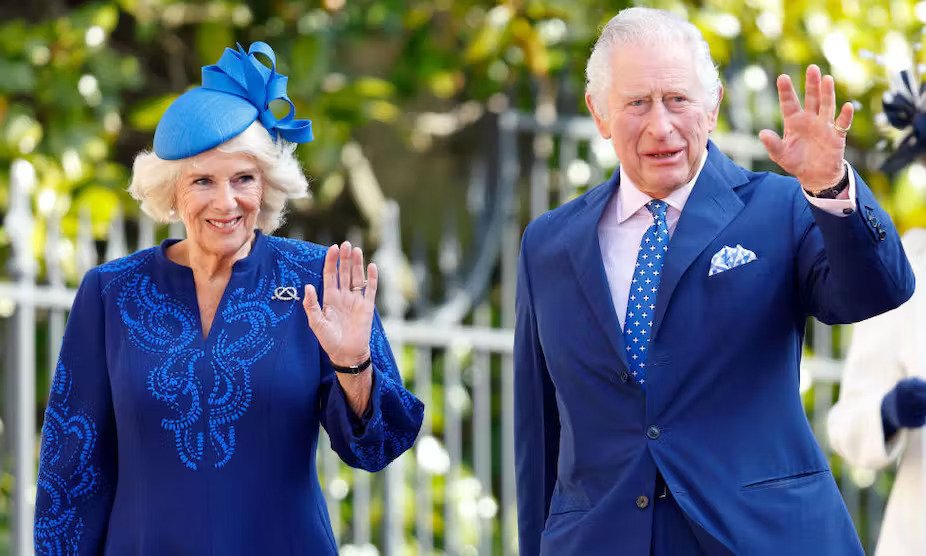King Charles of Britain embarked on his first official visit to a Commonwealth nation since his coronation in September 2022. The visit holds special importance as it coincides with Kenya’s celebration of its 60th anniversary of gaining independence from Britain.
The British government and monarchy have chosen Kenya for this visit to reiterate the significance they attach to the East African nation. It also serves as a demonstration to other Commonwealth member states that a republic can maintain a positive relationship with Britain, especially at a time when some, like Jamaica, are considering removing the king as head of state.
The purpose of King Charles’ visit is to commemorate the strong and warm relationship between the two countries while also acknowledging the more challenging aspects of the shared history between the UK and Kenya.
Despite a history that includes Kenya’s struggle for independence and the painful suppression of freedom fighters, the post-colonial relationship between Britain and Kenya has evolved positively for several reasons. These include the choices made by Kenya’s first independent president, Jomo Kenyatta; diplomatic, economic, and ideological alignments; and enduring military ties.
Kenya, once a British colony, faced a difficult journey to independence, marked by negotiations and violence, including the Mau Mau uprising. During the state of emergency from 1952 to 1960, thousands of Kenyans lost their lives, and tens of thousands were detained in camps without trial, where they endured violence and abuse.
Kenya chose to maintain a close and friendly post-colonial relationship with Britain rather than turning to other international partners.
Jomo Kenyatta, who had been imprisoned by Britain during the Mau Mau uprising, worked primarily with Britain as an independent leader. Kenyatta recognized the benefits of this relationship, including financial and military support during the Cold War.
Britain also had vested interests in Kenya, particularly in its white European and Asian populations, many of whom held British passports.
To enhance their security, the British government financed the purchase of their land, which was then sold to Kenyans. Despite expectations of land redistribution, European settlers received financial benefits before independence.
Over the years, Britain has remained a significant economic partner for Kenya, with numerous British businesses operating in the country. The two nations have also aligned on international diplomatic issues, including the Cold War and the “war on terror.” Strong military ties have further cemented their relationship, with Britain providing training and equipment to Kenya’s armed forces.
However, the relationship between the two countries has not always been without its challenges. Policies discriminating against Kenyan Asians in the late 1960s led to tensions and mass immigration to the UK. In 1982, an attempted coup by the Kenyan Air Force raised suspicions about Britain’s intentions in the country.
Moreover, long-standing issues such as British troops training in Kenya and the demand for archive files related to the Mau Mau have at times strained the relationship. In 2013, the British government acknowledged its complicity in torture and violence during the Mau Mau uprising, leading to compensation for victims.
Nonetheless, both governments have consistently sought to address difficulties and maintain their relationship. King Charles’ visit is a testament to the enduring ties between Britain and Kenya, which have withstood challenges over the past six decades.



